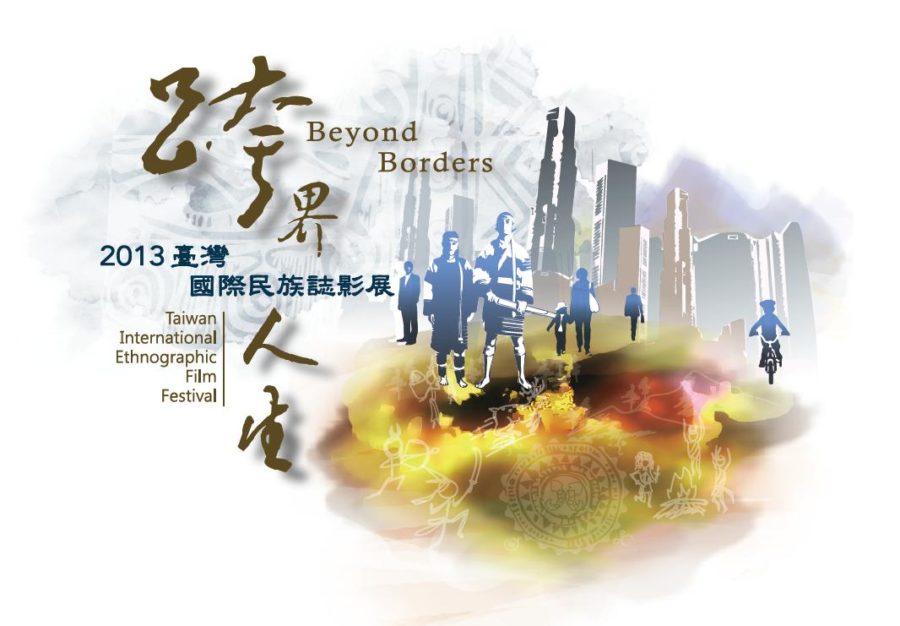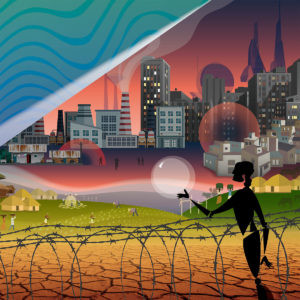No Burqas Behind Bars
Takhar Prison. 40 women. 34 children. Four cells. No burqas.
Women are normally faceless in Afghanistan. Outside the home burqas cover them from head to toe. The all-encompassing burqa completely mask their identity, rendering Afghan women invisible. And voiceless. Except when they are in prison, here they have nothing left to lose. Sima, Sara, Najibeh, Latife, and many more names…

